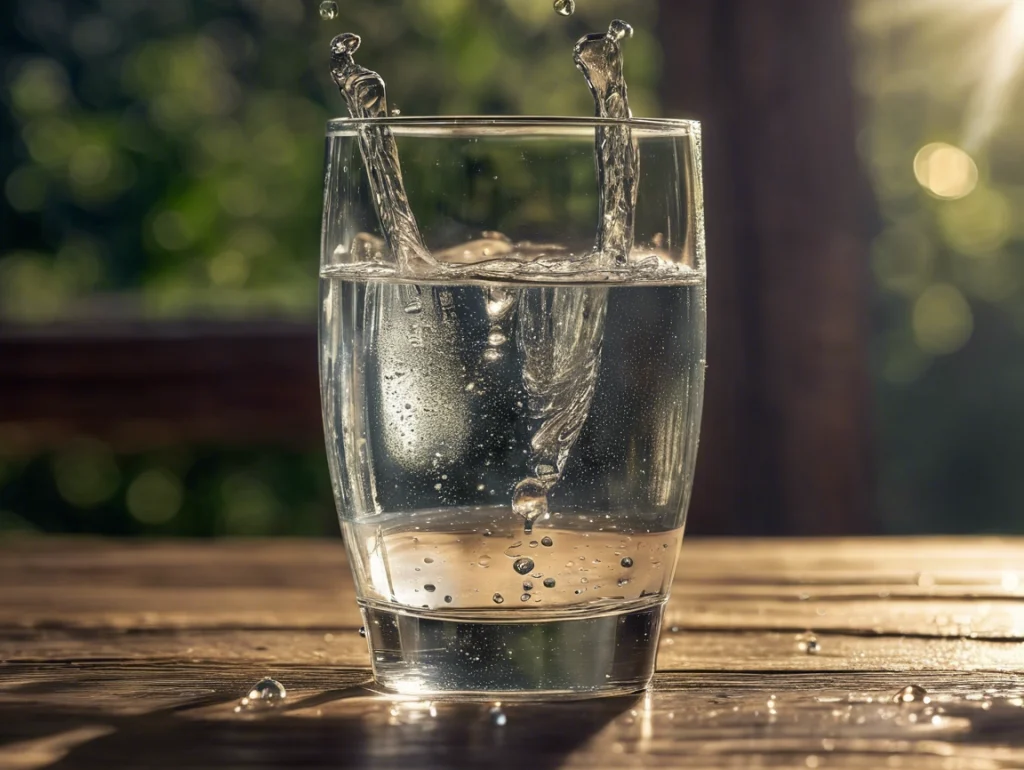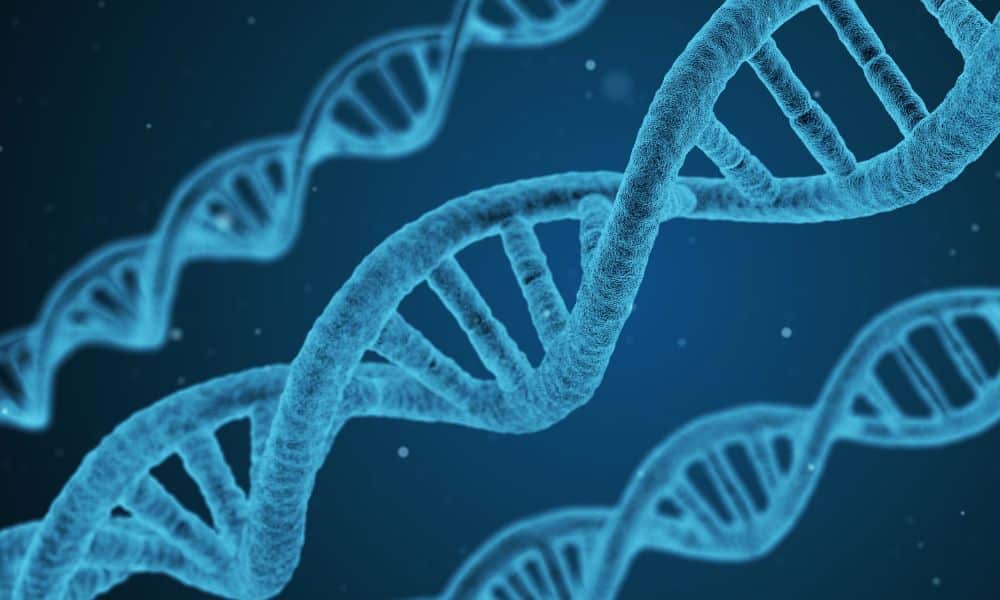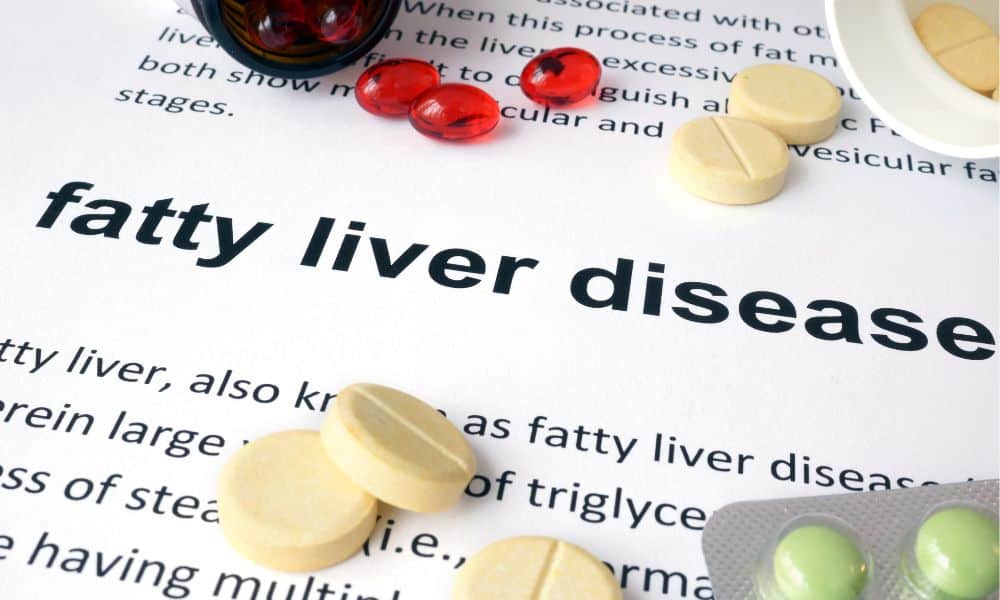Water is life. It constitutes about 60% of the human body and supports vital functions, including regulating temperature, removing waste, and protecting tissues. However, not drinking enough water, a condition known as dehydration, can have severe short—and long-term consequences for health.
What Are the Effects of Dehydration on Your Body?
When your body lacks sufficient water, it struggles to function properly. Here are some potential effects of dehydration:
- Cognitive Decline: Dehydration can impair memory, focus, and overall brain function. Studies show that even mild dehydration can affect mood and increase feelings of fatigue.
- Kidney Damage: Chronic dehydration can lead to kidney stones and urinary tract infections, as the kidneys cannot efficiently flush toxins.
- Skin Issues: Without enough water, your skin loses elasticity and appears dry. Long-term dehydration accelerates the aging process.
- Digestive Problems: Water aids digestion and prevents constipation. Insufficient water intake can lead to discomfort and digestive disorders.
- Heart and Blood Pressure: Dehydration can reduce blood volume, making the heart work harder to pump blood. This can lead to increased blood pressure and potential cardiovascular strain.
- Physical Performance: Dehydration reduces muscle efficiency, causing cramps, fatigue, and decreased endurance during workouts or physical activities.
How Can You Tell If You’re Dehydrated?
Common signs of dehydration include:
- Dark yellow urine or infrequent urination
- Dry mouth and cracked lips
- Headaches and dizziness
- Fatigue and irritability
- Rapid heartbeat
Why Is Staying Hydrated Essential?
Drinking enough water supports numerous bodily functions:
- Maintains Body Temperature: Especially during hot weather or exercise, water helps regulate heat through sweating.
- Boosts Joint Health: Proper hydration lubricates and cushions joints, reducing the risk of injury.
- Supports Weight Loss: Drinking water can increase feelings of satiety and boost metabolism, helping in weight management.
How Much Water Should You Drink?
The commonly recommended daily water intake is:
- Men: About 3.7 liters (125 ounces)
- Women: About 2.7 liters (91 ounces)
Climate, activity level, and overall health can influence these amounts.
Tips to Stay Hydrated
- Carry a reusable water bottle and refill it throughout the day.
- Incorporate water-rich foods like cucumbers, oranges, and watermelon into your diet.
- Set reminders to drink water, especially during busy days.
- Replace sugary drinks with water for better hydration and fewer calories.
Conclusion
If ignored, dehydration can progress and cause significant health issues. Staying hydrated is one of the most straightforward yet impactful steps to protect your body and improve your quality of life. Prioritize drinking water, listen to your body, and adopt habits that support consistent hydration.
Read Next…
- Fitness and Creativity: How Exercise Can Help You Solve Problems
- Strong Workers, Safe Warehouses: Fitness and Racking Tips
- How to Lose Fat Without Losing Muscle: The Best Diet Strategies
- Best Foods for Fat Loss: What to Eat to Burn More Calories
- How to Create Spiritual Goals That Lead to Better Health and Fitness




